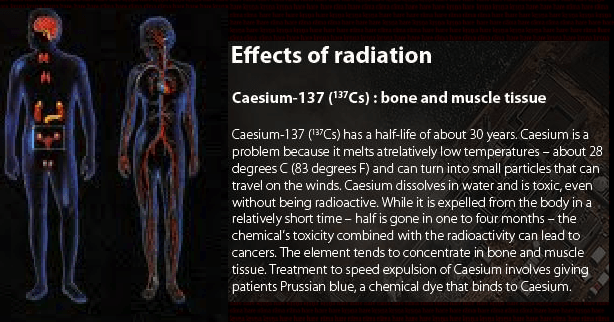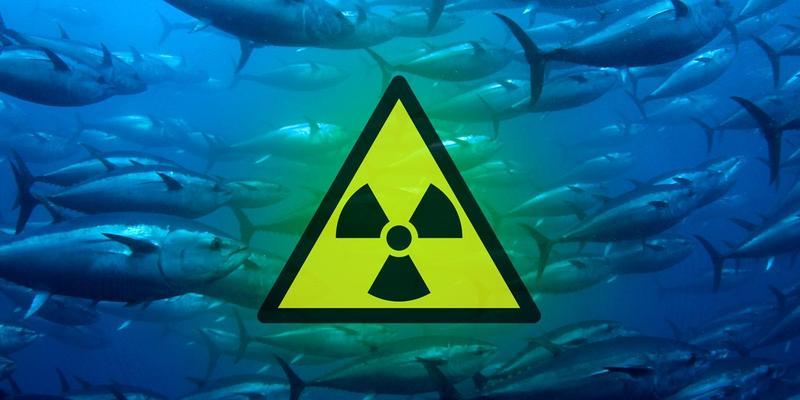Scientists Warn: You Should Never Eat Tuna
Scientists Warn: You Should Never Eat Tuna
Tuna caught off California carry radiation from the Japanese disaster, Stanford scientist finds Radioactive cesium from the 2011 Japanese nuclear disaster has been carried across the Pacific Ocean to California waters in the flesh of Pacific Bluefin tuna, say researchers from Stanford and Stony Brook University.
Anglers reeled in the slightly radioactive fish off San Diego. The low levels of radioactivity are not thought to a pose a health risk to humans.
The researchers say the accident has provided a new way to learn more about the migratory habits of sea animals that spent time in the waters near the damaged reactors.
The Radioactive Tuna
Ever since the nuclear melt-through which occurred at Fukushima Daiichi plant, radioactive contaminants’ dumping flow in the ocean is still continuing nonstop.
The fish coming at this stage are swimming with the contaminants every since their birth. All the bluefin tunas tested near the California waters have shown that they are contaminated with the radiation originated from Fukushima.

The side effects of contacting with the radioactive caesium:
With radioactive caesium contact occurring, a person might experience cell damage because of the radiation of caesium particles.
By this, several effects like vomiting, diarrhea, nausea, and bleeding can occur. If the exposure lasts long, then people might even lose their consciousness, followed by a coma or even death.
The Researchers say:
The proof is “unequivocal” which says that the tuna caught near San Diego nearly a year ago wee found to be contaminated with the harmful radiation coming from Japan’s nuclear disaster.
The Wall Street Journal reported on a study done by Stanford University (lead by a marine ecologist named Daniel Madigan.)
Madigan said that “the tuna packaged up the radiation and then brought it across world’s largest ocean. All of us were surprised to see it and even more so when we saw it in each one that we measured.”
Another study group member of the Stony Brook University- a marine biologist named Nicholas Fisher tells:
“We saw that totally each one of them contained similar quantities of cesium 137 as well as cesium 134.”
Be the first to post a message!
